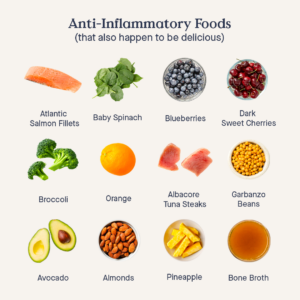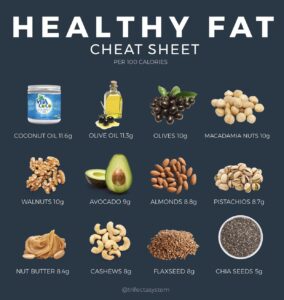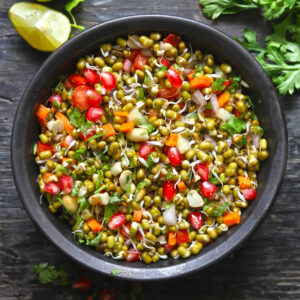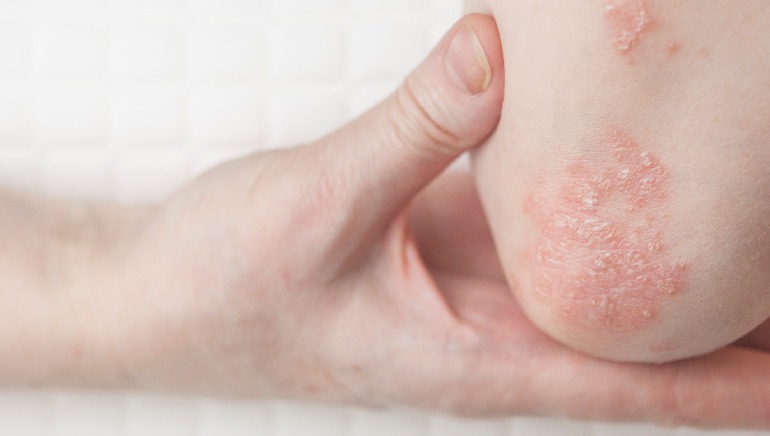Introduction:
Living with eczema can be challenging, as this chronic skin condition often brings with it persistent itching, redness, and dry, cracked skin. While medical treatments can provide relief, adopting a holistic approach that includes lifestyle changes, dietary choices, and a peaceful environment can play a crucial role in managing and alleviating symptoms. In this blog post, we will explore a comprehensive guide to tackling eczema, incorporating tips for a healthier lifestyle and dietary habits.
Understanding Eczema:
Eczema, a chronic skin condition that often begins in childhood and can persist into adulthood, is characterized by inflammation, redness, and dry, cracked skin. The causes of eczema are complex, involving a combination of genetic and environmental factors, including stress and exposure to irritants. Unlike psoriasis, eczema is not an autoimmune condition but rather a result of the skin’s response to various triggers.
Lifestyle Changes:
-
Stress Management:
- Understand that feelings, emotions, and stress can contribute to or exacerbate eczema symptoms. Incorporate stress-reduction techniques such as meditation, deep breathing exercises, or yoga into your daily routine.
-
Skin Care Routine:
- Allow your skin to breathe by avoiding excessive coverage, especially during sleep. Keep the bedroom cool, use breathable fabrics, and consider using a fan on low to promote optimal skin healing.
-
Cold Compress:
- Use a cold compress to soothe irritated skin. Soak a thick cloth in ice-cold water, apply it to the affected area for 10-15 minutes, and repeat the procedure twice. While it may induce mild itchiness, the cold compress can alleviate inflammation.
Dietary Changes:
-
Toxin Elimination:
- Certain foods can help in eliminating toxins from the body. Consider incorporating a diet rich in fruits, vegetables, and detoxifying foods. Aim for 70% of your diet to consist of fruits and vegetables.
-
Anti-Inflammatory Foods:

- Include raw fruits, vegetables, and juices such as carrot juice, celery juice, and muskmelon in your diet. Berries, especially blueberries and raspberries, are rich in antioxidants and may help combat inflammation.
-
Healthy Fats:

- Replace conventional cooking oils with coconut oil for three weeks. Additionally, consider going dairy-free for 2-3 weeks, as dairy products can sometimes trigger eczema symptoms.
-
Sprouts:

- Incorporate sprouts, such as moong dal, green dal, and alfalfa sprouts, into your diet. Sprouts are nutrient-dense and provide essential vitamins and minerals.
-
Avoid Trigger Foods:

- Eliminate potential trigger foods such as dairy, gluten, chicken, and eggs. Additionally, reduce or eliminate caffeine, sugar, and processed junk food, as these can hinder nutrient absorption and exacerbate skin conditions.
Additional Tips:
-
Fruit Day:
In extreme cases, consider a fruit-only diet for a day to help flush out toxins.
-
Coconut Oil and Pink Salt:
Create a therapeutic mixture of coconut oil and pink salt to apply to affected areas for relief.
-
Embrace a Plant-Based Diet:
Explore the benefits of a plant-based diet, rich in antioxidants and anti-inflammatory properties.
Conclusion:
While managing eczema may require a multifaceted approach, incorporating these lifestyle and dietary changes can significantly contribute to overall well-being and symptom relief. Remember, each person’s experience with eczema is unique, so it’s essential to listen to your body and consult with healthcare professionals for personalized advice. By adopting a holistic perspective and nurturing your body from within, you can embark on a journey towards healthier, more radiant skin.




